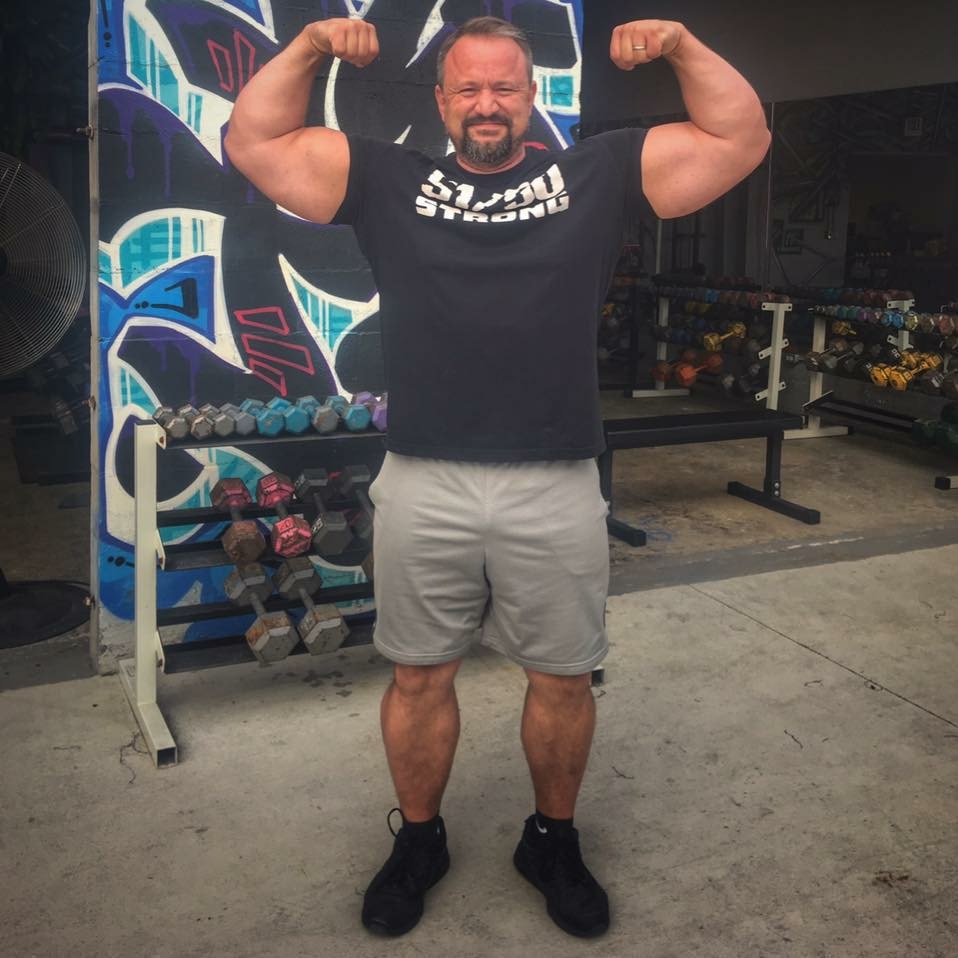
Our newest Licensed Master Sports Nutritionist is chiming in on his recommendations for supplements based on his clients diet. He brings up an interesting point and that is that is that nutrient needs are not just based on physical attributes like height, weight, sex, or age. Lifestyle also plays a role in nutrient needs. As sports nutritionists we know that exercise influences nutrient needs but, what about food intake? Obviously, if you eat a poor diet, supplements can help. What about consistent dietary lifestyle or macro nutrient dominance? Does the vitamin and mineral needs change when a person goes from a high carbohydrate diet to a low carb diet? What are the vitamin C needs of a vegan compared to a ketogenic diet? The National Association of Sports Nutrition is attempting to answer these questions with our new, updated sports nutrition courses.

Here is Dave’s summary on things:
In general anyone who is following a restricted meal plan and exercising regularly will want to supplement with additional protein, aminos, essential fats, vitamins, and digestive enzymes. Those with limited to no animal proteins in their diet will require additional supplementation to fill the gaps.
Supplement Recommendations for those with no dietary restrictions.
- Whey Protein
- Branch Chain Amino Acids
- Omega-3 Fish Oil
- Vitamin/Mineral Supplement
- Digestive Enzymes
Supplement Recommendations for vegetarians:
- Whey, Pea, or Hemp Protein
- Branch Chain Amino Acids
- Omega-3 from Flax, Chia Seeds, Walnuts, or Hemp Seeds
- Iodine – Seaweed or iodized salt
- Vitamin/Mineral Supplement
- Vitamin D with Magnesium
- Vitamin B Complex, (mostly B12)
- Digestive Enzymes
Supplement Recommendations for vegans:
- Pea, or Hemp Protein
- Branch Chain Amino Acids
- Omega-3 from Flax, Chia Seeds, Walnuts, or Hemp Seeds
- Iodine – Seaweed or iodized salt
- Vitamin/Mineral Supplement
- Vitamin D with Magnesium
- B Complex, (mostly B12)
- Zinc – zinc gluconate or zinc citrate
- Digestive Enzymes
Vegans will often be low in iron. However Iron supplementation is not often recommended. Instead Vegans are recommended to get their iron by increasing their consumption of natural
iron-rich foods, such as cruciferous vegetables, beans, peas, dried fruit, nuts, and seeds.
Zinc levels will also improve for vegans who consume sprouted grains and fermented foods such as tempeh and miso.
Beneficial
In general the following supplements are beneficial for some, but are not required to meet your dietary needs.
- Complete Spectrum of Amino Acids
- L-Glutamine
- Creatine
- Electrolytes
- Phone
619-840-8175
- Address
1013 Morena Blvd
San Diego, CA 92110
(Morena Blvd & Cushman Ave)
That’s a good start, Dave. Watch for updates as the NASN moves forward with these exiting findings to improve body composition, performance and recovery from exercise.
